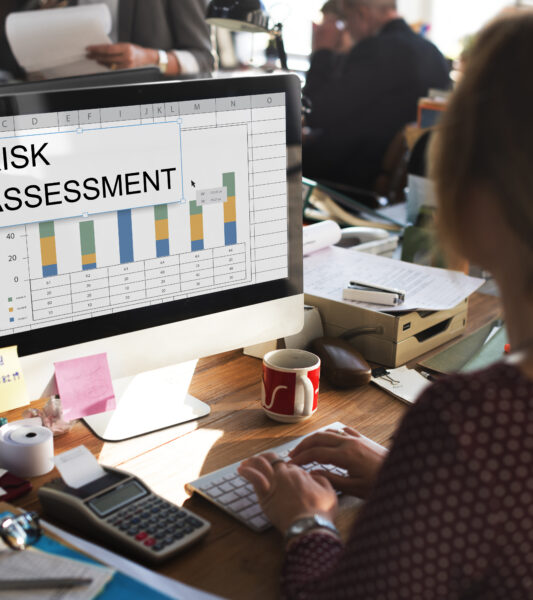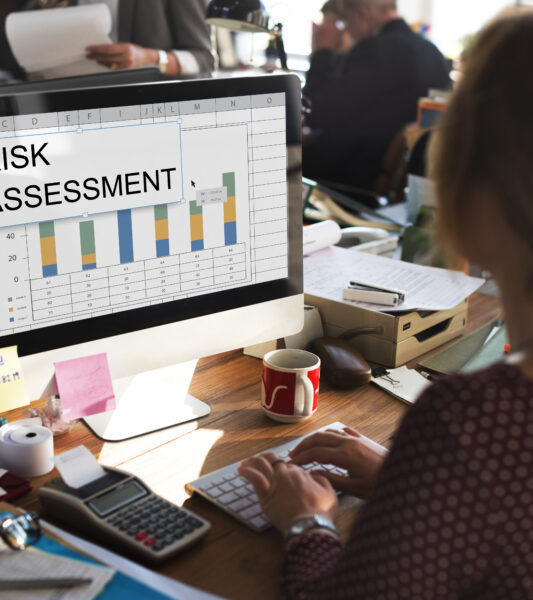Resources
Egmont Group of Financial Intelligence Units
Enhance your understanding of the Egmont Group's role in the global AML landscape. Discover how this organization...

Darknet Marketplaces
Darknet marketplaces, the hidden corners of the internet, facilitate the illicit trade of goods and services. Delve...

Anti-Money Laundering Council (AMLC)
Understanding Anti-Money Laundering Council (AMLC) The rapidly evolving landscape of global finance has witnessed an equally alarming...

Unexplained Wealth Orders (UWOs)
Dive into the realm of Unexplained Wealth Orders (UWOs), a powerful tool in the global fight against...

Swiss Leaks
Swiss Leaks is the name of a large-scale investigation conducted by the International Consortium of Investigative Journalists...

Currency Transaction Reports (CTRs)
Uncover the significance of Currency Transaction Reports (CTRs) for AML professionals. Dive into the purpose, reporting thresholds,...

Compliance Risk Matrix: AML Professional Guide
In the dynamic world of Anti-Money Laundering (AML) regulations, staying ahead of compliance risks is crucial for...

Wire Stripping
Wire Stripping refers to the process of removing or altering the identifying information associated with a financial...

Know Your Employee in AML World
Enhance your AML compliance and risk management efforts with robust Know Your Employee (KYE) practices. Discover the...

Straw Man Accounts in AML
Discover the ins and outs of strawman accounts in this comprehensive guide tailored for AML professionals. Explore...
